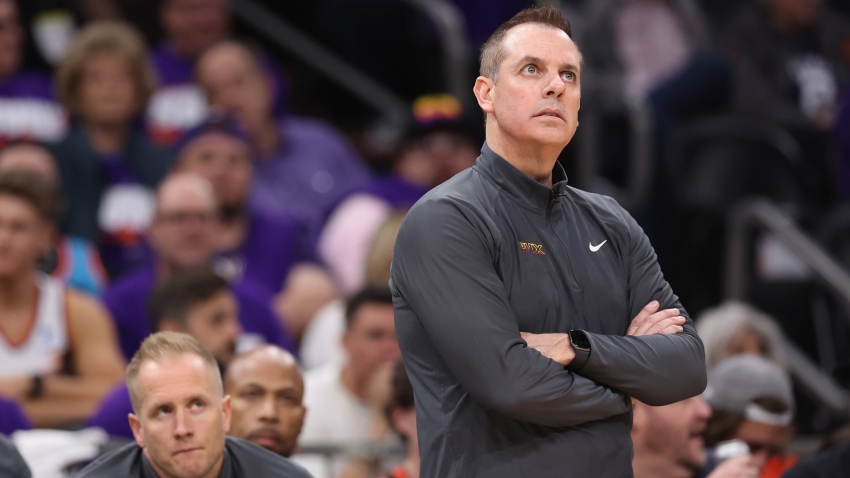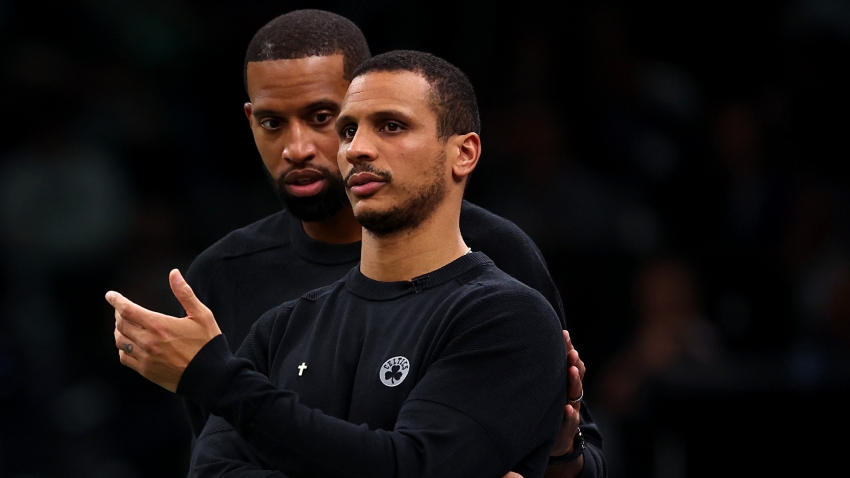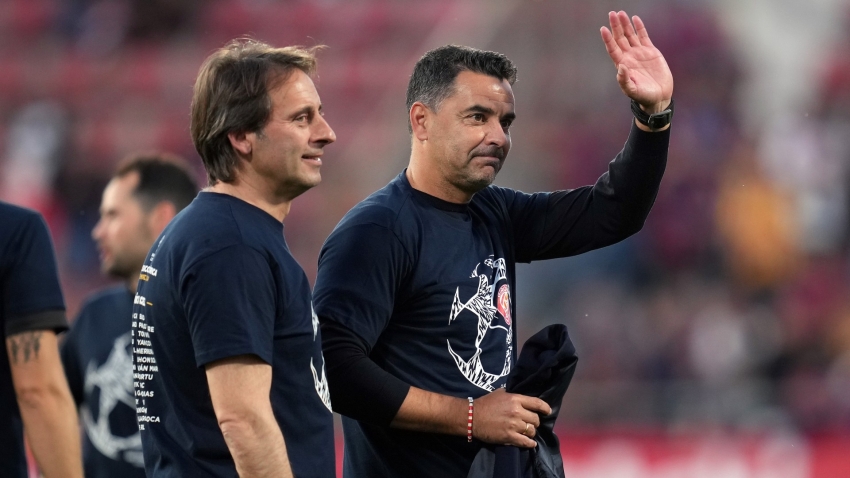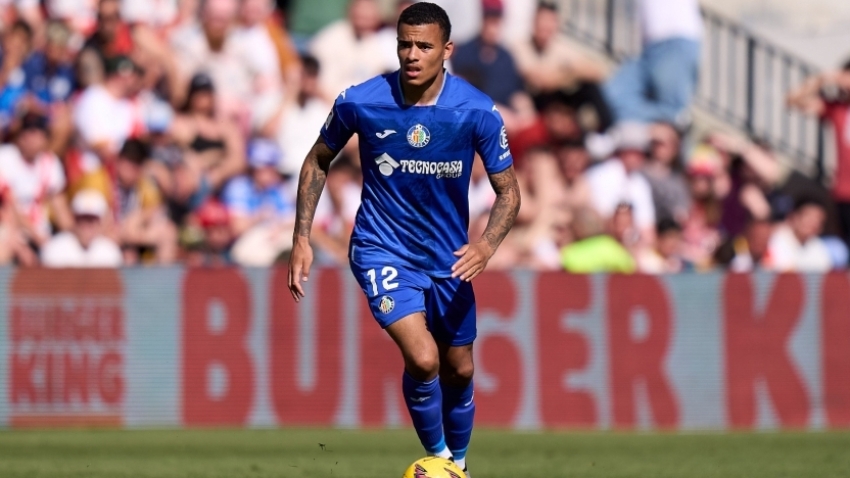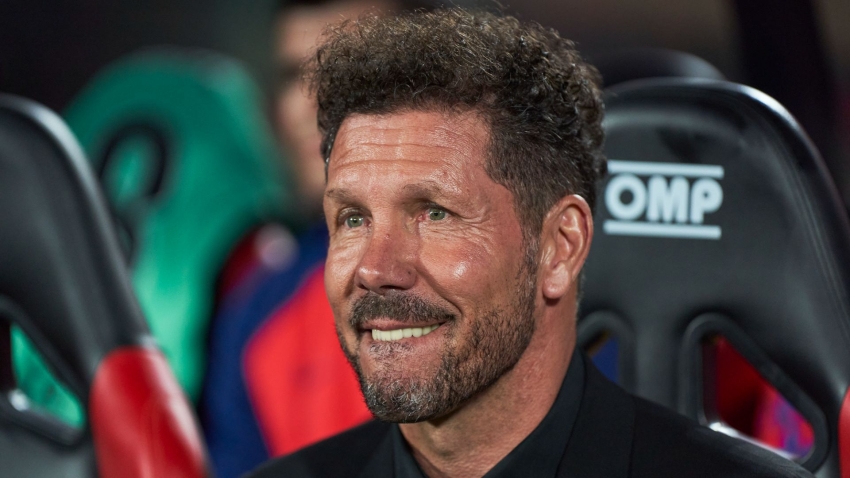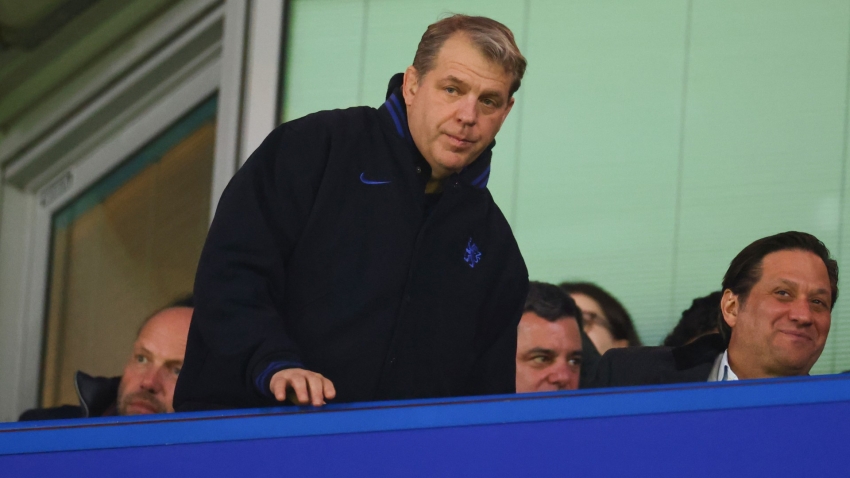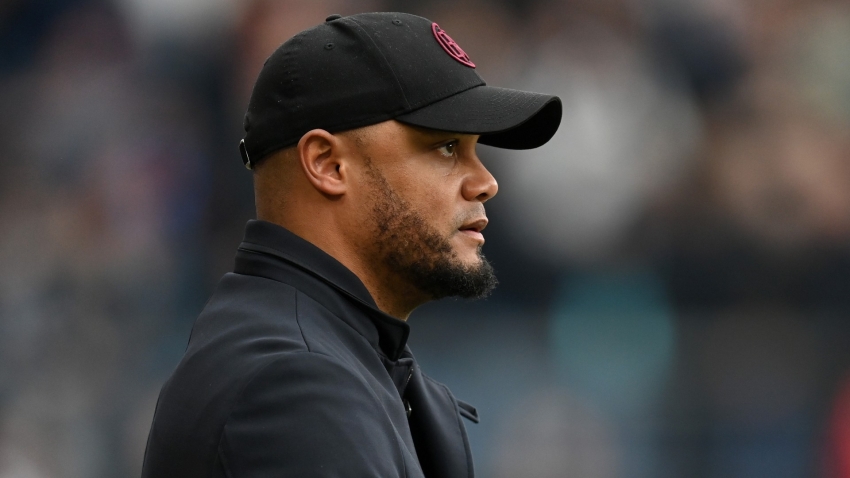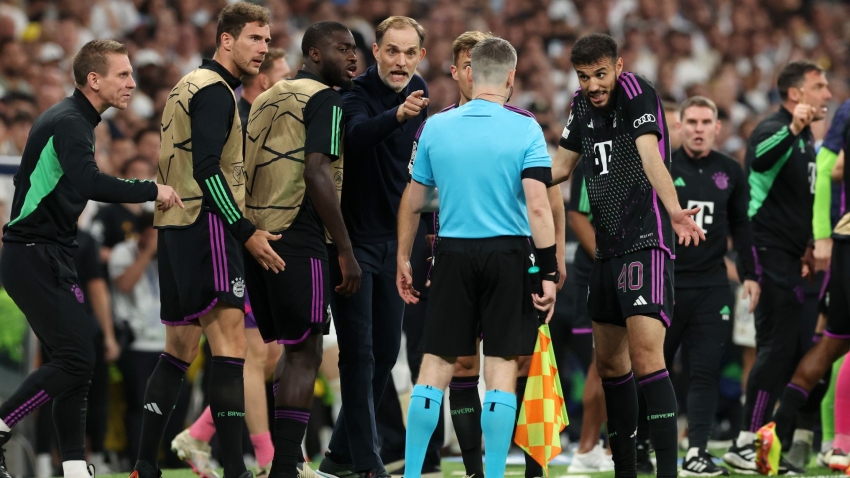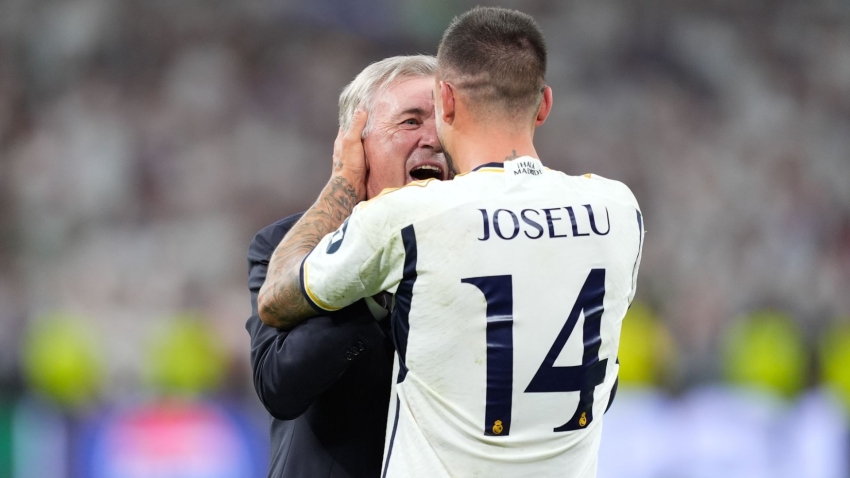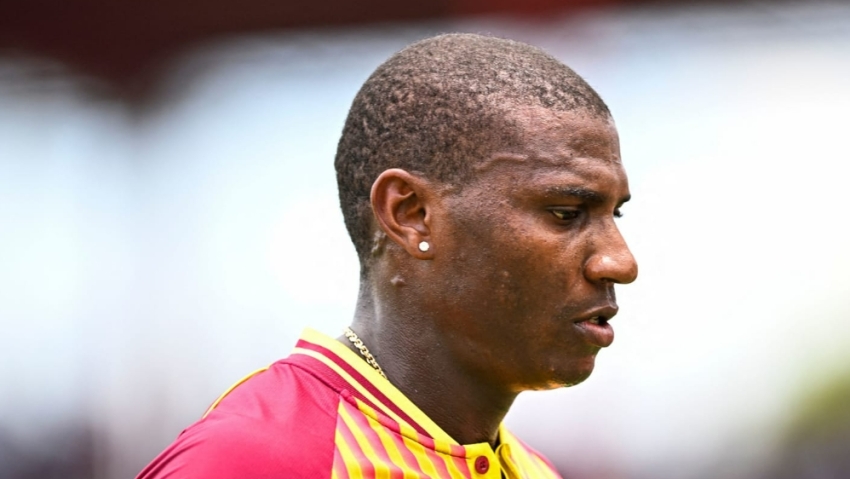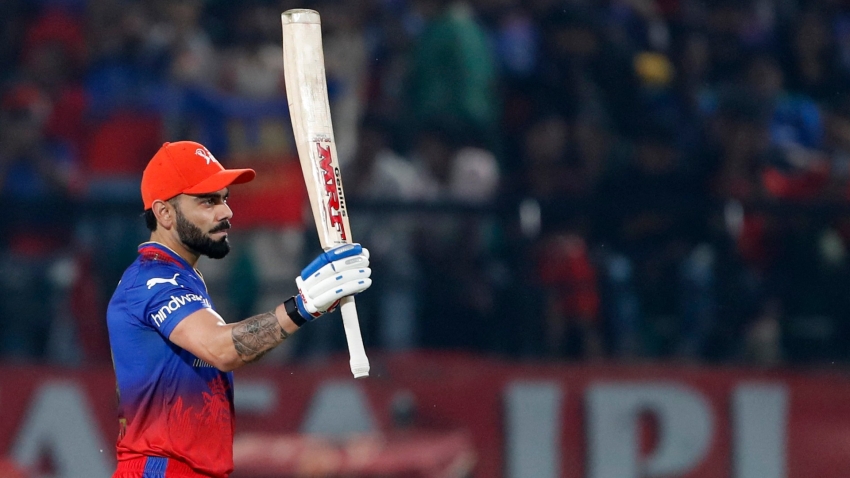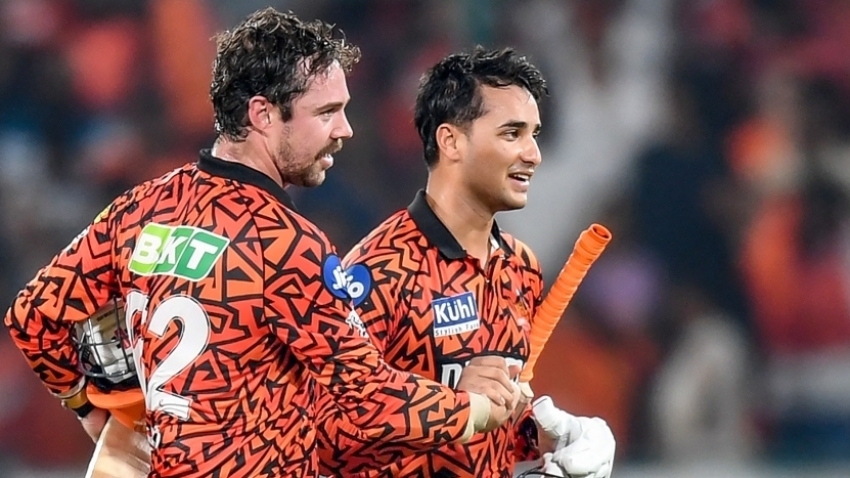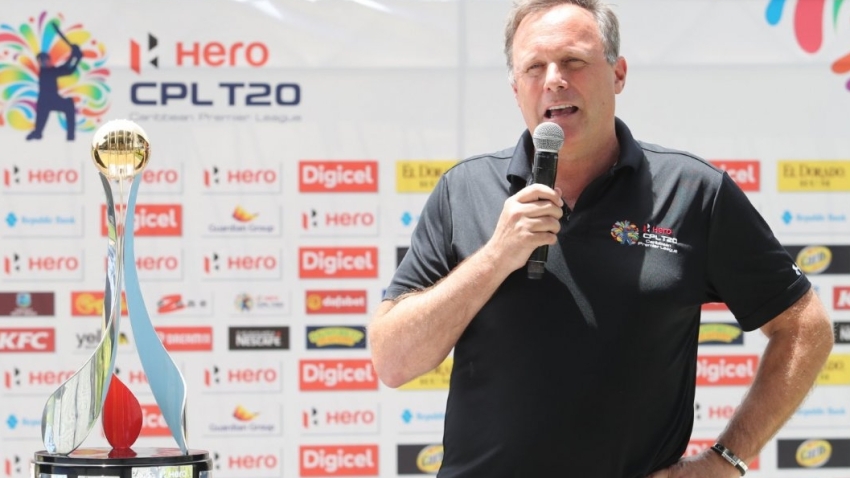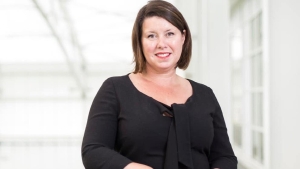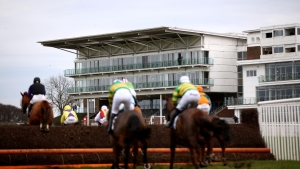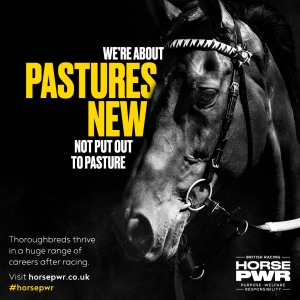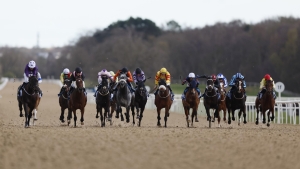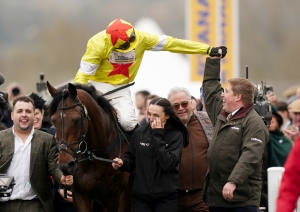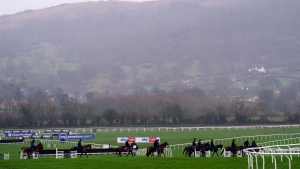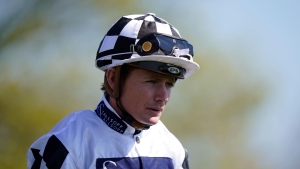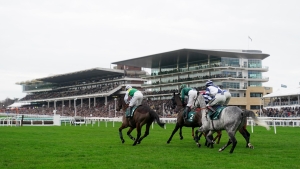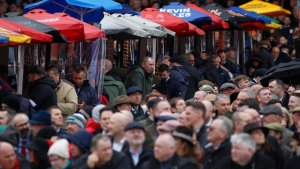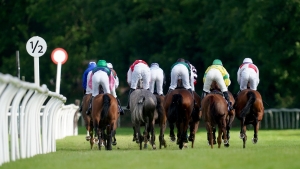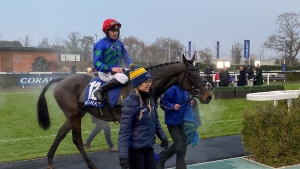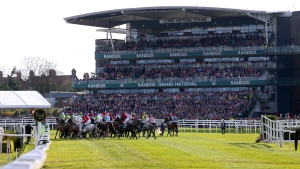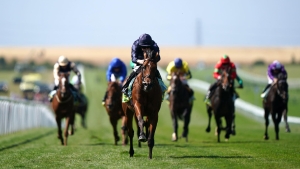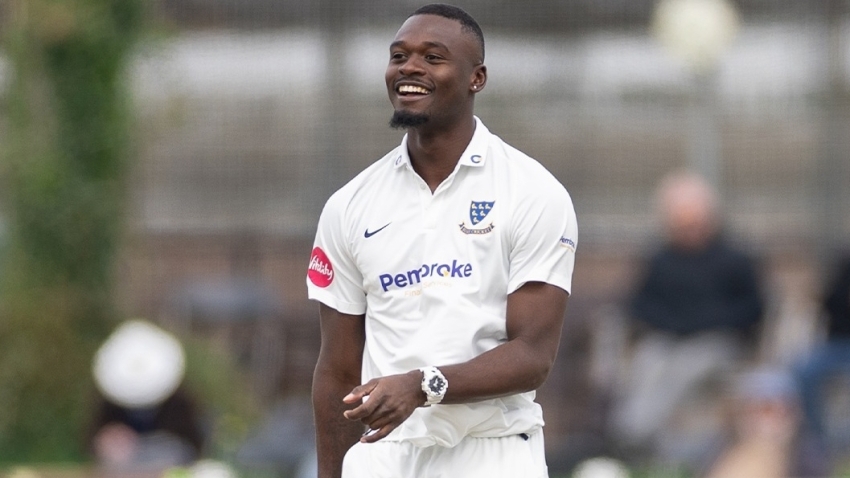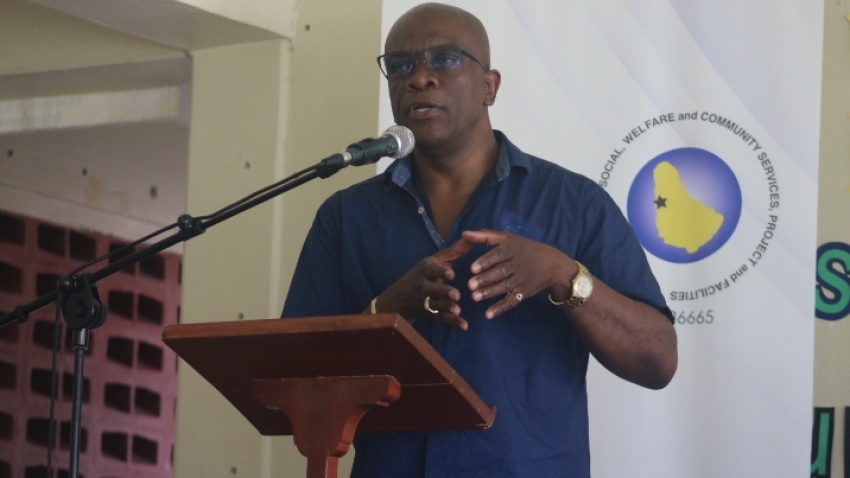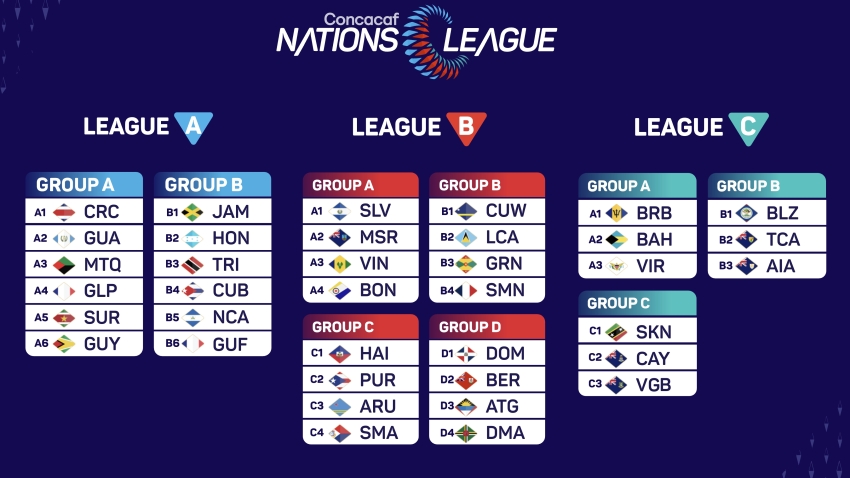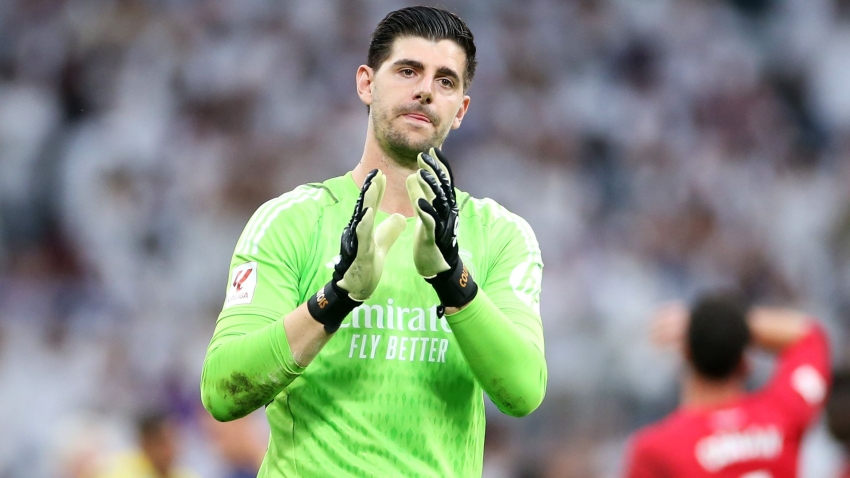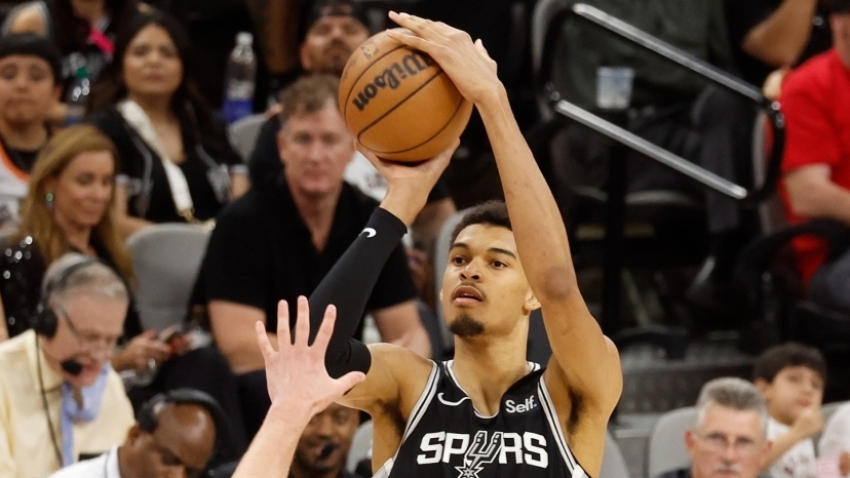A furious Kieran O’Neill was given the all-clear to resume riding on Wednesday, having been prevented from taking his rides at Southwell on Tuesday in an incident which has put the British Horseracing Authority’s trial of saliva and sweat testing in the spotlight.
O’Neill had three mounts booked at the Nottinghamshire track’s evening meeting, but was unable to take part after being stood down by the BHA following a failed saliva test.
And while a subsequent urine test returned a negative result, O’Neill – who swiftly took to social media to speak of his anger, saying he was “fuming” – was not permitted to ride before passing another test ahead of racing at Kempton and feels his reputation has been unfairly tarnished.
He told Sky Sports Racing: “I was the one to comment, to put my tweet out that I have done nothing wrong and have nothing to hide. I wanted to be the one when I got home to write a tweet and let everyone know. I have nothing to hide, I have not done anything wrong here and something needs to be done very quickly.
“It is very embarrassing for me to have to leave the racecourse yesterday and everyone is there looking at you. The first person I bumped into was Scott Dixon and I have to go and explain myself why I can’t ride for him.
“I was so embarrassed speaking to my partner on the phone last night, speaking to my mum, this has now happened and even when I’m cleared from this urine sample and things are back to normal, my name is still out there, I have failed this swab test twice yesterday.
“It’s something that for a young kid coming into the game of 17 or 18, he could fail a swab test and his career is over straight away before it starts.
“My urine test will come back clear, I have no doubts about that in my mind. I rarely drink, never mind take drugs. Everyone who knows me and knows my character knows I’m the first person to be anti-drugs.
“I really cannot see how this has happened. Is there something wrong with the salivas again? For me yes, because I have done nothing wrong, I have never taken a drug in my life and I am clear.”
A saliva test pilot was paused by the BHA in September 2022 after Sean Levey returned a false positive that saw him sidelined for eight days and miss out on a potential £20,000 bonus as leading rider during the Racing League.
O’Neill added: “Sean said if this doesn’t go then someone else is going to get done, but never in a million years did I think it would be me. Sean Levey got it right, it’s come back and it’s me. Have the BHA got it wrong again? I don’t know.
“But I agree with Sean Levey and for me something has gone amiss. I have no problem doing any test, they can take hair, another urine from me, that is no problem. I have been tested in France and probably 20 times last year and nothing has ever been found, but now all of a sudden since the swab tests have come back, something was found.”
Posting an update on X, he said: “Just been to Kempton to have another swab test after last night’s embarrassment. Given the all-clear as expected. Thankfully the current testing system has now been paused until they get to the bottom of this.”
Professional Jockeys Association chief executive Paul Struthers said the body was “unaware” a new trial had been introduced until Tuesday evening and immediately requested the procedure be put on hold pending further investigation.
He said: “We have been discussing with the BHA a pilot of trialling a new saliva and sweat testing kit since January, following the two previous trials of different testing kits. However, no dates for the pilot had been agreed and we were told what the protocol would be in the event of a non-negative test, which is very different to agreeing it.
“Issues that arose during the previous two pilot schemes meant that the PJA and its members had legitimate concerns about the testing kits and the process.
“At our last meeting with the BHA on February 23, we stressed these concerns and explained how important communications would be in advance of any pilot. What was agreed at that meeting was that the BHA would draft some initial communications materials which would be shared with the PJA for further comment.
“This never happened and we were therefore unaware until last night that the pilot had even commenced.
“Following events of last night, this morning we wrote to the BHA requesting an immediate suspension of the pilot scheme. The BHA has subsequently confirmed that no further testing with the swab and saliva kits will take place until the situation with Kieran O’Neill has been resolved and understood.
“This is a sensible decision in the best interests of fair regulation, a decision we obviously support and welcome. The rest of the testing regime will continue as normal.”
The BHA insists the procedure is sound, with rider safety “a priority” for racing’s regulator, and that the process for handling non-negative samples had been agreed with the PJA.
A statement said: “The process for handling non-negative samples on raceday as part of the ongoing pilot of sweat/saliva sampling was agreed between the BHA and PJA.
“As part of the agreed process, which utilises a Home Office-approved testing kit used by police forces globally, should a rider return a non-negative sample then they will be tested a second time.
“Should the second sample also return non-negative then, in the interests of safety for horses and riders, the jockey should be stood down for the day.
“Mr O’Neill was stood down on the day having provided two non-negative samples. Sixteen jockeys were tested yesterday and 16 on Monday with only Mr O’Neill returning these two non-negative samples.
“As part of the process a urine sample screening is also be taken on the day. This is for indicative processes only as part of the trial. It operates to different thresholds, and does not form part of the immediate regulatory process. Mr O’Neill’s urine sample returned a negative result on-course but is not relevant to his being able to ride today and beyond.
“This same urine sample is also sent away for analysis at the official testing laboratory. Mr O’Neill will be permitted to ride today and beyond, pending the return of this urine result, provided he returns a negative sweat/saliva sample prior to weighing out. A hair sample will also be taken.
“Ensuring the safety of jockeys competing in our sport is a priority for the BHA. We appreciate the strength of feeling from Mr O’Neill but this alone is not enough to make judgement about the testing process, or its ability to detect the intentional or sometimes inadvertent presence of substances in a rider’s system. The proper process must be allowed to take its course.”


